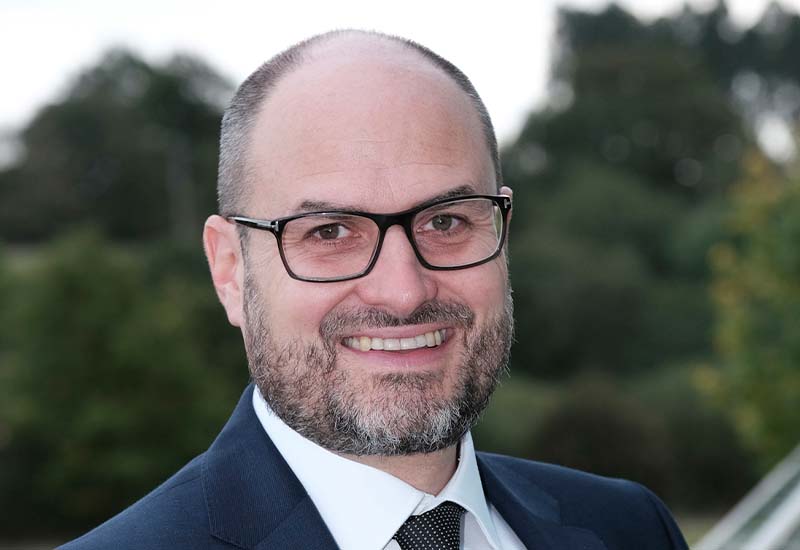
Wholesale must reduce emissions to avoid ‘global catastrophe’
Wholesale must embrace moves to reduce emissions in order to avoid a ‘global catastrophe’, which is why FWD has launched its Road to Net Zero report, says FWD Chief Executive James Bielby
At the COP27 summit in Egypt in October, United Nations chief António Guterres said humanity faces a stark choice between working together or collective suicide in the battle against global warming. He said: “We are on a highway to hell with our foot on the accelerator.”
The UN’s own emission gap report, which looks at how close we are to meeting UN climate targets, stated that to get on the right trajectory to be net zero by 2050 we need a 45% reduction in global greenhouse gas emissions in the next eight years, and they must continue to decline rapidly after 2030.
And Climate Endgames, a report by the prestigious Proceedings of the National Academy of Sciences, states: “There are ample reasons to suspect that climate change could result in a global catastrophe.”
That’s why more than 52 countries and regions, 8,300 businesses and 1,136 cities have signed up to the race to net zero emissions by 2050 or earlier.
SO WHAT IS ‘NET ZERO’?
Well, it is defined as reducing emissions as much as possible by mitigation measures, with any surplus balanced by the removal of CO2 from the atmosphere by removing carbon.
Wholesalers are responding to this challenge with public commitments and strategies, and FWD members have pledged to work towards eliminating carbon emissions in their businesses by 2040.
FWD is providing leadership and support for wholesalers in this aspiration and that’s why, in conjunction with our friends at SWA, we have developed a sector report to help wholesalers, particularly those at the early stages of developing their net zero strategy, with clear practical actions to take. You can read more about this in Wholesale News issue 2307.
Our work with consultants 3Keel provides a greater understanding of the direct emissions of the wholesale sector, helps members understand their own emissions, and provides a roadmap for members, which contains interim pledges as well as key indicators, such as percentage of renewable energy or low-carbon refrigerants.
The roadmap focuses on a series of key decarbonisation themes.
- Fleet and logistics In the UK, the majority of emissions from fleet and logistics are from road transport specifically, and almost all of this is completed by diesel-fuelled HGVs.
- Decarbonisation of heat in property For many companies, reducing energy consumption represents one of the more feasible emissions sources, in terms of cost and availability, to reduce in the short term.
- Sourcing renewable electricity Common refrigerants have a high global warming potential and so even small leaks can result in a proportionally larger volume of unnecessary emissions created.
- Reducing refrigerant emissions Electricity is one of the more advanced sectors on the trajectory of reduction to reach net zero. It is also one of the emissions sources that businesses have the greatest degree of control over.
- Sourcing low-carbon products Procured ingredients are one of the largest emissions sources and comprise almost 66% of emissions from the UK food and drink sector.
BUSINESS ESSENTIAL
We’re also focused on Scope 3 emissions – which include indirect emissions that occur in the upstream and downstream supply chain – working with government to ensure the total supply chain is using the same metrics.
It is clear wholesalers are taking action across all areas of their business, but more help and encouragement is needed to enable the sector to fully measure progress towards net zero from government as well, and that’s another reason why this report is so important.
This is no longer an added extra; it’s a business essential for a wholesale channel that is sustainable – in both senses of the word – and this ambitious project will help wholesalers on that journey.
3Keel climate change emissions FWD FWD column global warming James Bielby net zero Road to Net Zero transport